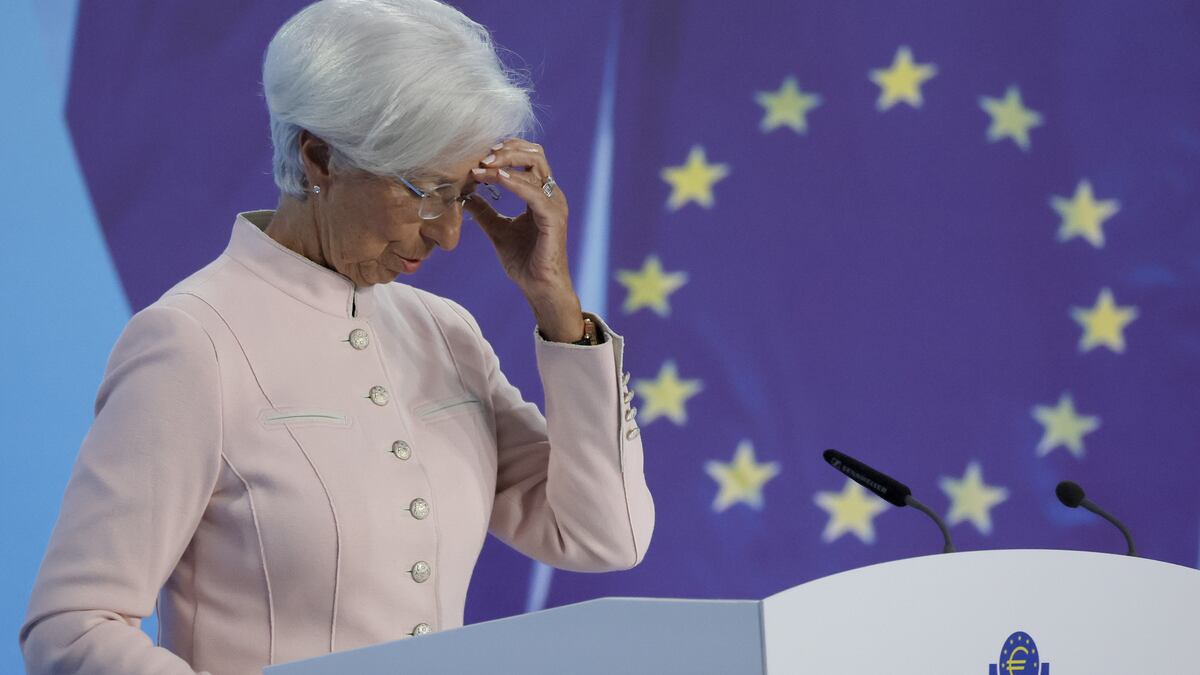- Piloting a digital euro will take another two years, ECB’s Christine Lagardge told the European Parliament.
- The European Central Bank will decide whether to continue designing the pilot digital currency in October.
- The digital euro is met with scepticism from the public and lawmakers.
A public digital currency is moving full steam ahead, but it may take at least two more years before a digital euro potentially hits the market, according to European Central Bank president, Christine Lagarde.
The European Central Bank will make a decision on whether to move forward with the realisation of a digital euro in October. Over the past two years, the central bank has investigated and designed a prototype.
“The pilot will probably take us another two years at least before it’s the final say by the Governing Council,” Lagarde told lawmakers in the European Parliament in a quarterly catch-up.
Plagued by scepticism and distrust, the digital euro has had a thorny reception from the public as well as from lawmakers.
If the European authorities “can address all the conspiracy theories that abound about this as if, you know, Big Brother was going to suddenly determine what you buy, when you buy it, and how restricted it should be — then I think it would be characterised as a success,” Lagarde said on Monday.
The European Commission has already laid out the legal framework for the central bank digital currency. The proposal was published in May, and is now making its way to the desks of parliamentarians which will debate and tweak the Commission’s text.
Stefan Berger, a German, right-wing policymaker, will lead the parliament’s negotiations. He was the lead negotiator for the European Union’s landmark regime for crypto assets which is rolling out across the bloc.
This push, however, does not guarantee the digital euro will become a reality, central bank officials have said.
Nonetheless, European officials are pressing to compete with private and foreign financial institutions, like PayPal or Visa, gnawing at Europe’s monetary sovereignty.
But for retail users, people can’t figure out the benefits of a digital euro.
The digital euro is currently designed to have an offline payment option for peer-to-peer transactions. This would grant users the same level of privacy as taking cash out of an ATM.
And while the CBDC would be issued by the central bank, the ECB has emphasised they will not have any access to user data. Instead, private banking applications would host the digital euro wallet, and grant the same level of privacy they usually have.
The digital euro will also have holding limits of around €3,000, officials said. Centrist, German lawmaker Nicola Beer raised concerns that a “holding limit, identification and total traceability” would hinder the acceptance of the digital euro.
For Lagarde, the digital euro would be successful “if we manage to make sure that privacy — not anonymity, but privacy — is protected.”
Do you have a story on the digital euro? Send a tip to: inbar@dlnews.com


